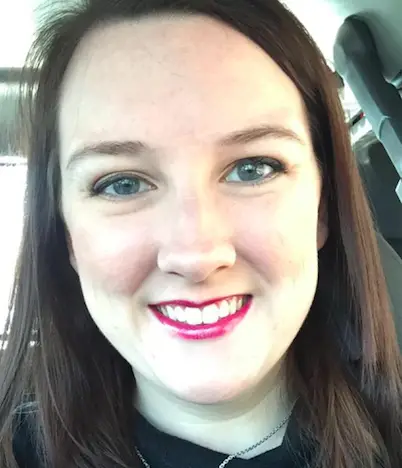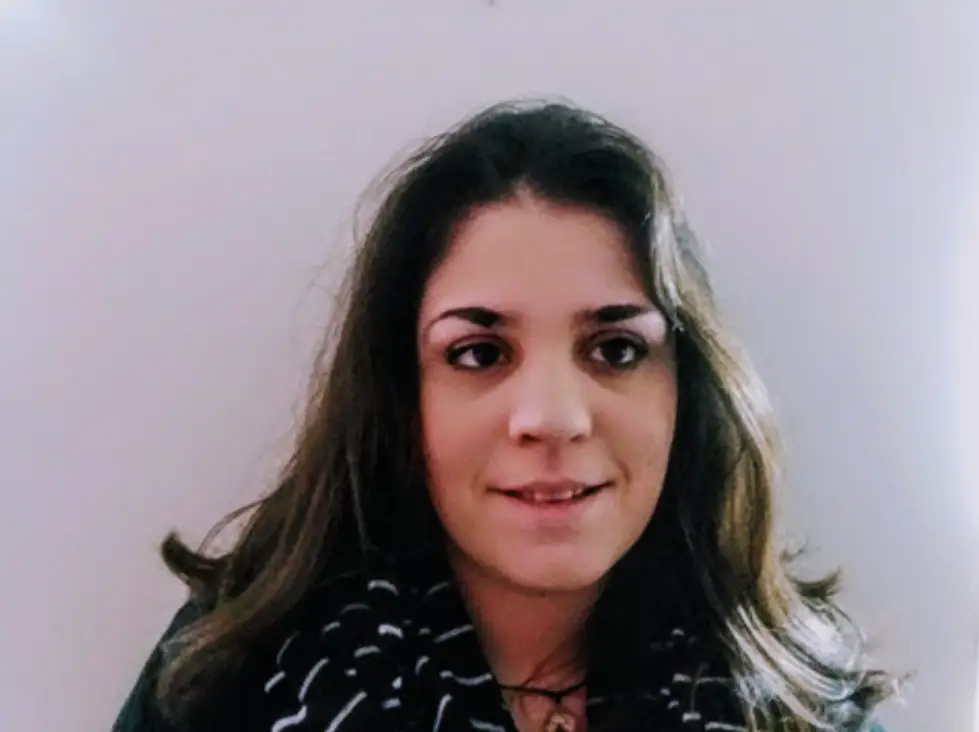A career in freelance writing seems to all the rage for both current and aspiring writers. There are endless how-to articles on the web instructing would-be freelancers on how to get their start in this in-demand field. Many writers view this career as the ideal way to turn their passion into a steady income.
There may some drawbacks to a career in professional writing as well; non-existent benefits and long hours are two of the most common gripes about this profession.
Columbia College senior and Alabama native, Danielle Rhudy, knows the ins and out of this profession all too well, as she has been working in the field for over a year while also working toward a degree in English Literature. I spoke with her about the good and bad of freelancing.
Tabitha Prisinzano: Tell me a little bit about how you got your start as a freelance writer.
Danielle Rhudy: Well, I was actually working as a nanny for a family that I have worked for off and on for 6 years. I really enjoyed my job, but since the little boy I took care of was going to kindergarten, I was no longer needed.
I went without a job for a little over a month, trying to find something that fit my skills and my passion. That’s when I found freelancing. It wasn’t the easiest start, and there were several projects that didn’t work out.
It took me a little bit of time to get started with clients. I’m currently working for an article outsourcing company right now, which has been a huge help in getting my freelancing career rolling.
TP: What are the best strategies for landing contract work or clients, in your experience?
DR: I think my best strategy is just being transparent. I always mention that I’m a student and I always offer writing samples of past work, either work from school or samples from other past work.
I like to type responses and cover letters with as much personality as possible since the cover letter is the initial “interview” stage of landing contracts and clients.
I also try to make myself available at any time to answer questions they might have, respond with writing samples and discuss possible work and deadlines. The idea of just being yourself is the best strategy for landing clients.

TP: Being a student, how have you utilized your education in acquiring work? Are some clients reluctant to hire a student or has it been a non-issue?
DR: I have definitely utilized my education so far, especially my creative writing classes and other writing courses. They have helped me discover a better creative connection with clients.
I haven’t had any issues arise from being a student yet, but that doesn’t mean it will not come at some point. I try not to apply for jobs that I know will take up too much time from my schooling, since that is my top priority right now.
I also make it known that I’m only available for certain deadlines. For example, I cannot complete a 50,000-word ghostwriting project within three weeks in addition to homework and studying for classes. I usually make that deadline longer, if the client agrees.
TP: What can aspiring writers come to expect when embarking on a career in professional writing? What are employers’ expectations of entry-level candidates?
DH: Expect the unexpected. That is probably the best advice I can give. Professional writing is just like any other job; there are going to be twists and turns.
It is also hard work. Many people think that I just sit around all day and type on my computer, but there is a good bit of mental work behind it.
Learning to take breaks for your health is ideal and I have to do it quite a bit to keep my sanity and keep my writing at its best. Employers are generally considerate of entry-level candidates. There are going to be some that do not want entry-level candidates, but they usually specify that in their job proposals.
TP: Just how demanding has a career in freelance writing proven to be? Have your grades suffered because of the demand of the work?
DR: Freelancing is time-consuming. It’s not physically demanding, but it is mentally demanding, which is why I utilize those breaks.
There are some days that it feels more demanding than others, and then there are some days that I just breeze through my daily tasks. My grades haven’t suffered at all since the beginning, but I make sure to put my school focus before my job. It is the most important thing right now.
TP: Have you had to acquire any technical skills outside of what you learn in classes in order to perform well in positions?
DR: So far, no. I haven’t had to acquire any technical skills. I’ve taken several computer courses since I have an Associates of applied science in business management.
It has helped with the technology side of things as far as navigating websites to find clients. Most of my English studies have helped with the writing side, which is the part I am most passionate about.
TP: How else have you utilized your education in your career? Do you feel you could have worked in this field without your experience as an English major?
DR: My education has been beyond valuable to freelance writing, especially those creative writing classes. I could have worked in the freelancing field without any English major experience, but I don’t think I would have risen in the ranks in my current position with the article company without that experience.
It has given me sort of a head-start against others in the same entry-level position. I have been working with the company for a little over a year now and my experience just keeps growing as I go further in my studies and as I work more.
TP: You have talked about the lack of benefits in the field of freelance writing. Do you think humanities majors should consider freelance writing as a viable option for employment upon graduation?
DR: The lack of benefits is one of the things that kind of bothers me about freelance writing. I could see myself doing this forever, but when push comes to shove, I don’t like the idea of being without health insurance and retirement.
I tend to think 10 steps ahead, and that is something I do not want to live without. I think freelancing could be a viable option if you have a way to get good healthcare and are better at managing money than I am.
If nothing else, freelancing is a great way to make extra money on the side, but many people succeed with freelancing as their number one source of income, with or without benefits.
TP: Does freelance writing give you a sense of fulfillment? Could you see yourself doing anything else other than writing?
DR: It is fulfilling work for me. I am doing what I love and I can honestly say that I’ve never been happier working a job. Don’t get me wrong, there are days when I just don’t want to turn my desktop or iPad on and work. I would much rather lay in my bed and sleep.
When it comes down to it though, there is nothing else I would rather be doing to earn money than writing. Most days, it doesn’t even feel like a job. I do think I will be writing for the rest of my life.
If I’m not freelancing, I think I would like to be writing novels for myself and publishing them. It’s actually a goal of mine, but regardless, I’m always going to be writing. I’m too passionate about it to stop now.
TP: What are your plans for the future?
DR: My hopes for the future are bright. I plan to graduate from Columbia College in December with my Bachelors of arts in English literature. Then I hope to go on to earn my Masters of arts in creative writing.
As I’m finishing my schooling, I hope to keep working with the article company in which I am employed as well as finish other projects on the side.
Once I graduate with my Masters, I have hopes to find a teaching position at a community college or university to teach students to have that same love of English that I have.
I would also love to finally become that published novelist that I have always dreamed of becoming. Hopefully, you will see my name on the cover of a book someday.












